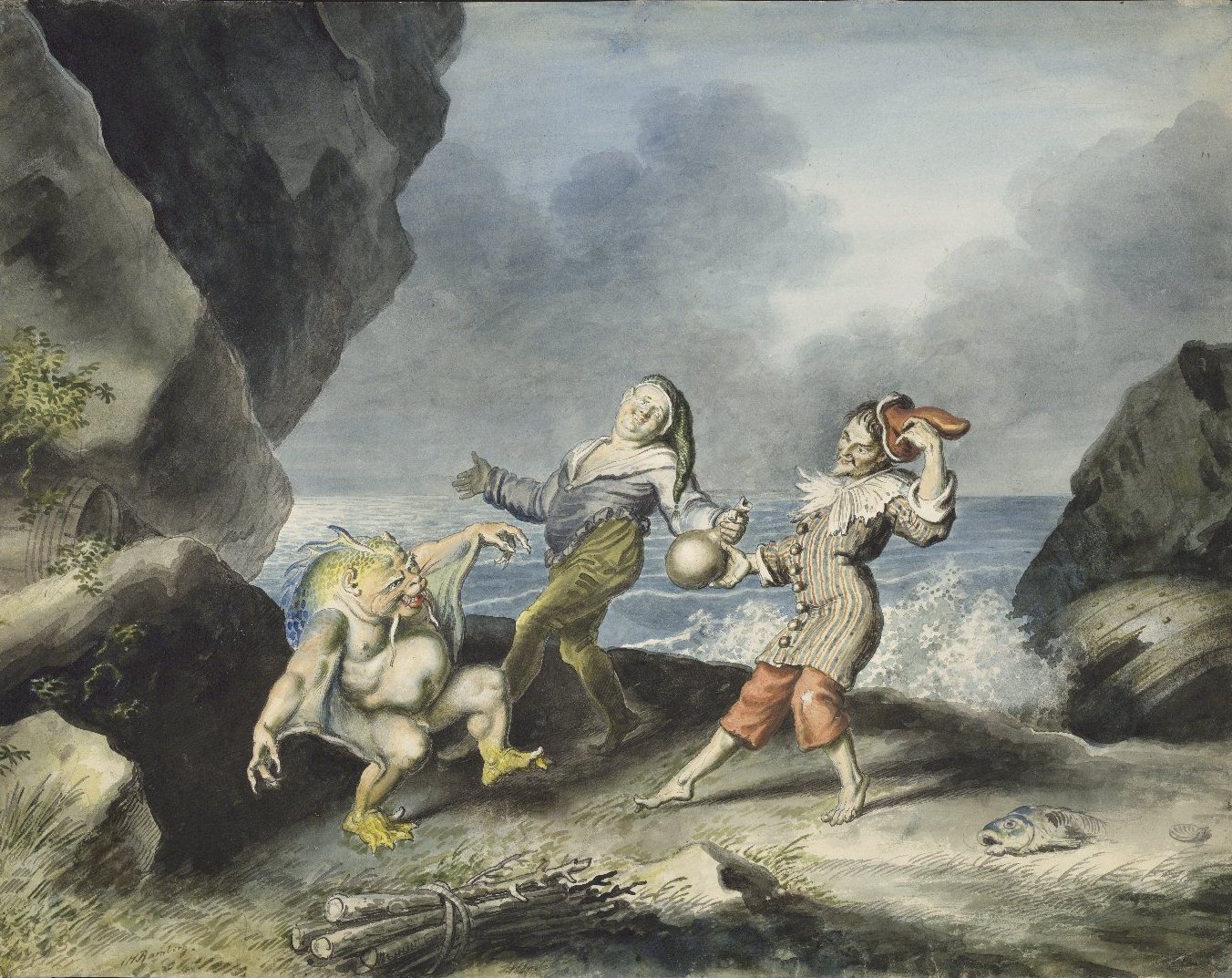
The portrait itself was downloaded from Wikimedia Commons. I just photoshopped the shades on. Please don’t sue me.
I seriously appreciate Hobbes, his theories, and the way he explains them.
Settle down, settle down. I know many of you will disagree and, believe me, there is no one more in shock than me. It seemed like it was just yesterday that I was on the brink of a mental breakdown because of Plato. I wanted to burn my copy of Republic and vowed to never take a philosophy class. Which is why I am still blown away by how much SENSE Hobbes makes.
No, Leviathan isn’t the most exciting thing to read. But Hobbes never promised he’d be writing the next Girl With the Dragon Tattoo. No one’s giving him a New York Bestsellers’ stamp to put on the front of his books. And nor is Leviathan the easiest thing to read. But we’re not in Kansas anymore, Toto. This is Arts One. Reading hard books is what makes us cool. (Or just massive nerds. But it’s fine. We own it.)
Hobbes’ ideas are weird. What do you mean everything we smell or see are bodies pressing my organs? What do you mean humans all want to kill each other? What do you mean we should have a single ruler that we should all submit to out of fear? But Hobbes pretty much embodies the saying, “There is method to my madness.” He may sound like a bit of a nutjob at first, but if you actually pay attention and follow along, he actually makes a lot of sense. (Except for the bit about smells and everything being external bodies that press your organs – but I’ve chalked that up to the flawed science of the medieval times. These people thought that your horoscope sign had something to do with curing illness.)
When I first heard about Hobbes, it was in my grade 12 law class and we were learning about the philosophy of law and Hobbes’ theories was explained to us as being in the category of positive law, which is, in a nutshell, that law is an institution created by people (as opposed to natural law, which is that law is something universal and innate). We were taught a very condensed version of Hobbes’ theory: “Hobbes believed that all humans are naturally violent and war-prone, therefore laws need to be created and enforced so that we don’t all kill one another.” I was offended, obviously. I’m not violent. I’m not brutish. Excuse you. (See tangent #1.) So I went into Leviathan with a mix of skepticism and curiosity. I came away enlightened – he made sense. Humans are programmed to want to survive. That’s why we flinch when something is thrown at our faces. That’s why we have the reflex to pull away if we touch something too hot. That’s why we have a “fight or flight” instinct. That’s why we want to reproduce. And we will hurt each other if we sense a threat to our well-being. We desire peace because otherwise we will all die. None of this is all that crazy, really.
(Tangent #1: On the subject of being not violent or brutish, it makes me wonder whether we are only civilized people because we have the social constructs to be civilized. If you look at it, our behaviours are all determined by social conventions and because we are bound by rules. We aren’t allowed to steal, drive recklessly, or commit fraud, because it’s punishable by law. We shouldn’t chew with our mouths open, disrespect the elderly, or hit our children, because it’s frowned upon by society. So, in my opinion, Hobbes is right. Without social order and firm laws, humans would be all over the place. Even in Plato’s Republic, he said that even a just man would choose to be unjust if he could get away with it. So in that sense, it’s not a matter of human nature. You can be a good person, but in a world where no one else is good, you’ll need to do whatever you need to to survive. In our society, we are bound to Western customs and a legal system to keep us from violent means. And thank goodness for that – I would not survive in a fistfight for my next meal.)
His idea of having a single ruler that we all submit to, in the end, isn’t all that radical either. When you break it all down, it’ll look a lot like our government now. And even if it doesn’t, it’s not like this system is cruel or tyrannical. The ruler doesn’t get his power arbitrarily – the people are supposed to bestow the power onto them willingly or because they have to, out of fear of each other. In return, the sovereign would provide social order and protection. Any power that the ruler has is given to them by the people and the people is the “Author” of the ruler’s every move. That is the social contract. And we would want this in order to be a productive and peaceful race, according to Hobbes.
Now I guess the question is, in reflection, do I agree with Hobbes? Once you separate the root of what he’s trying to say from all his definitions and his annoyinglyth archaicth styleth of writingth (see tangent #2), he’s definitely right about a lot of things. And because of how meticulously he explains things, it’s pretty hard to disagree with the logic of what he says. Unlike Plato, he doesn’t write with an air of superiority, like we won’t understand certain things because we’re not philosophers (it makes me feel like a kid again, when the grown-ups tell me I shouldn’t pipe in during a “big people” conversation). It makes me feel a little more sympathetic to Hobbes’ cause when he doesn’t sound all high and mighty (because of the remnants of childhood bitterness I mentioned above). So do I agree with him? On most things, yes. He genuinely makes sense and his ideas aren’t completely unrealistic either. (Sidebar: I do, however, believe that a state should be secular. But that’s another conversation. Bottom line is, yes, I agree with Hobbes.)
(Tangent #2: I don’t think all of Hobbes’ writing is bland and dry. I thought his use of the bird trapped in a room with a window to describe why lying is awful was pretty brilliant. And sometimes, I think he’s actually pretty poetic, like this part in the introduction: “…why may we not say that all automata […] have an artificiall life? For what is the Heart, but a Spring; and the Nerves, but so many Strings, and the Joynts, but so many Wheeles, giving motion to the whole Body, such as was intended by the Artificer?” I thought that was pretty beautiful. Or maybe it’s just because I read this with an audiobook narrated by a British guy. Everything sounds more elegant with a British accent.)
Holy cow, I wrote way more than I planned to or wanted to. TL;DR: Hobbes is really freaking cool and I’m really enjoying talking about his ideas and thinking about it all. Mad props to Hobbes – hope you’re doing well in the afterlife or wherever you think the soul goes after death. But I guess you don’t believe in ghosts or whatever because of the whole incorporeal business. In which case, I hope your decomposed remains are doing well. Just know that thousands of years later, we’re still reading your books and some of us think you’re pretty awesome.
